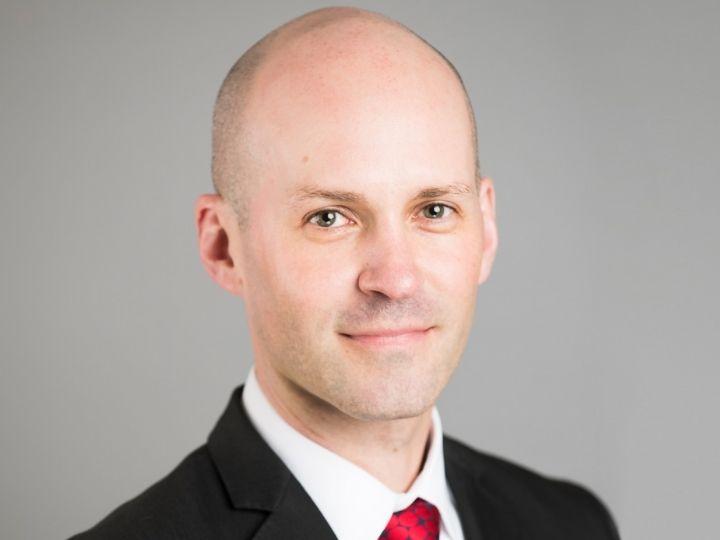Report offers suggestions to relax a “toxic” atmosphere

Credit: University of Houston
It would surprise no one that pursuing a graduate degree can be a stressful endeavor, and for students who are transgender and nonbinary (TNB), the atmosphere can become toxic, according to University of Houston researcher Nathan Grant Smith. In a new paper published in Higher Education, Smith provides an analysis of current literature pertaining to TNB graduate student experiences and suggests interventions in graduate education to create more supportive environments for TNB students.
“Nearly 50% of graduate students report experiencing emotional or psychological distress during their enrollment in graduate school. Levels of distress are particularly high for transgender and nonbinary graduate students who experience daily discrimination and marginalization,” reports Smith, associate professor in the counseling psychology doctoral program at the UH College of Education and chair of the Department of Psychological, Health, and Learning Sciences.
In compiling and analyzing the literature, Smith was joined by Douglas Knutson of Oklahoma State University. Their team included Em Matsuno, Palo Alto University; Chloe Goldbach, Southern Illinois University Carbondale; and Halleh Hashtpari, The University of Utah.
The existing literature suggests that discrimination against TNB college students is increasing and that discrimination on college campuses (e.g., reduced access to housing, restricted access to bathrooms and locker rooms) is associated with negative psychological outcomes such as suicidal ideation. Smith and team offer a social-ecological model of transgender stigma and stigma interventions.
“We are providing a framework for understanding that people interact with the outside world at different levels,” said Smith. “Those levels are one-on-one, interpersonal with groups and structural with interactions between policies and norms of an institution.”
Since all levels are connected, Smith suggests everyone start by doing their own exploration of gender and challenge their internal biases that will surely impact others. For example, consider how your gender identity helped or hindered your current career path and other life experiences. Reflect on which gender pronouns you use (e.g., he/him/ his, she/her/hers, they/them/theirs) and how you would feel if others repeatedly used incorrect pronouns when talking to or about you.
“Students who are trained in TNB-affirmative environments will enter the workforce, equipped to cultivate more empowering and diverse spaces for their colleagues, their families, and for the communities in which they live,” said Smith. “We encourage everyone to think of TNB inclusion as an opportunity and as an affective experience based in empathy, love, and an impulse toward community building.”
Some of the team’s recommendations include:
“These and other steps are crucial for building a foundation of empathy and humility in order to provide safe, inclusive and affirming spaces for TNB graduate students,” Smith reported.
###
Media Contact
Laurie Fickman
[email protected]
Original Source
https:/




